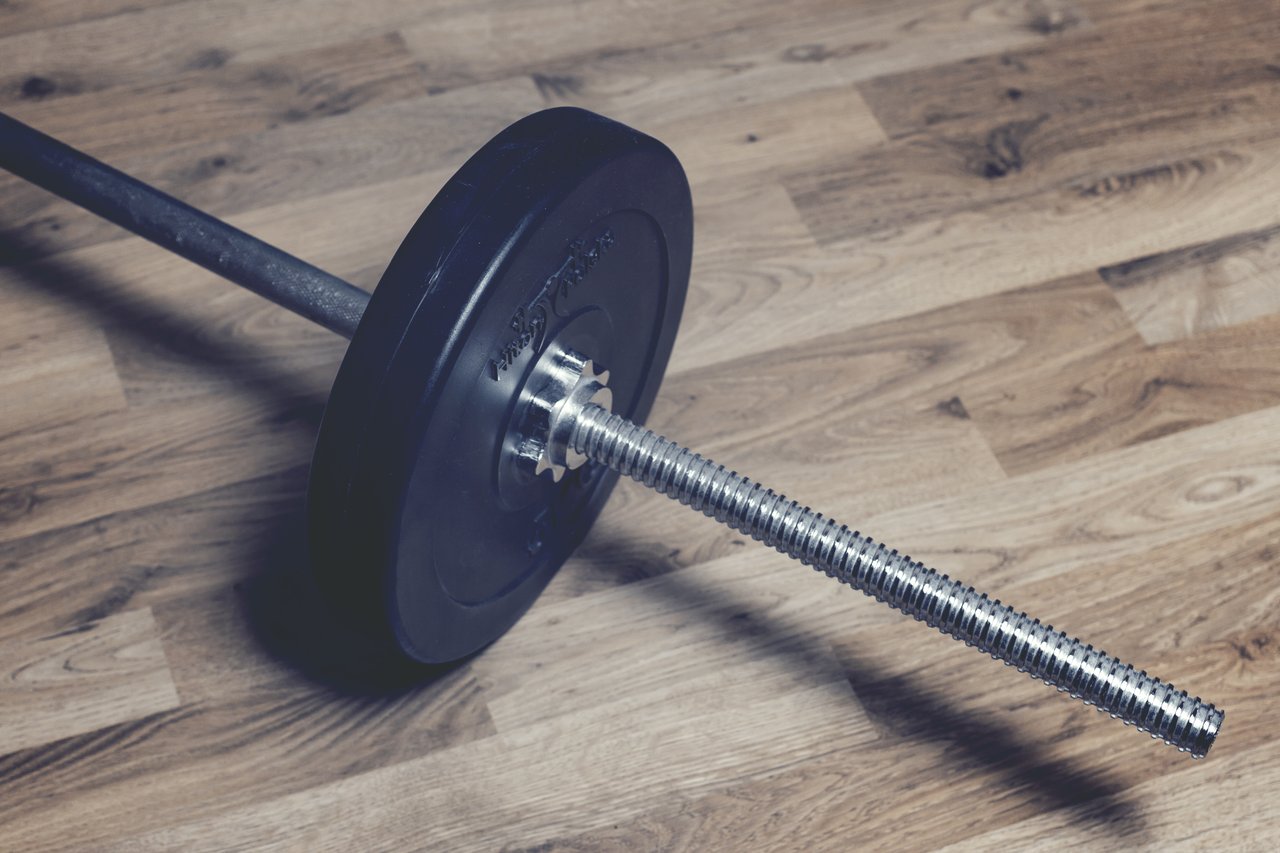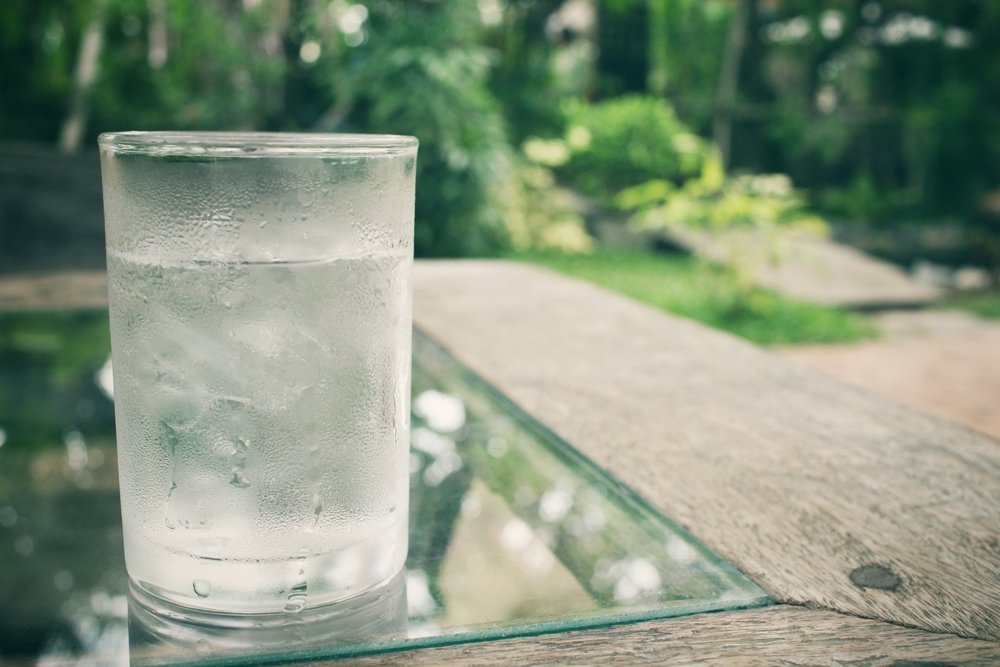5 Ways To Prevent Muscle Degeneration

Muscle degeneration is a natural part of life. There are a number of reasons why this happens: physical inactivity, lack of calories to sustain muscle, and aging. Age-related muscle degeneration (also known as sarcopenia) affects your ability to do everyday tasks like carrying groceries or even playing with your children or grandchildren.
A steady loss of lean muscle mass is a reality of aging, but you can prevent this by eating well and maintaining a healthy lifestyle. Here are five tips to help you stay healthy and strong.
Work Out Regularly
Adults who are physically inactive lose approximately 3–5% of their muscle mass every decade after the age of 30. This accelerates the older you get. However, one of the strongest antidotes to age-related muscle degeneration is exercise. For instance, resistance training helps build strength and increase muscle growth. Try these four exercises:
- Knee extensions to strengthen your knees and improve balance
- Half squat using a chair or a wall to increase hip strength
- Upright row with light weights to improve mobility in the shoulder and arms
- Water exercises to increase strength and reduce impact on joints
Maintain a Balanced Diet

It's no secret that diet and exercise keeps our bodies running at optimum levels. However, eating nutritious meals can also help retain muscle. To this effect, it's important that you receive an adequate amount of nutrients. Eating plenty of fruits, veggies, and nuts will provide the protein, carbohydrates, healthy fats and vitamins that are necessary for muscle retention. Snack on some almonds, walnuts, sunflower seeds, and hemp seeds to get your dose of nutrients. Or prepare them in some tasty dishes like this gluten-free almond cake or these homemade granola bars.
Consume More Protein
Protein provides the necessary amino acids for muscle growth and repair, which may help prevent muscle loss. Besides natural protein-rich foods such as tuna and yogurt, you can supplement your diet with protein powder. While animal-based whey protein powder provides an adequate amount of this macronutrient, there are also many high-quality plant-based protein sources including soy and pea protein powders, chlorella powder, and spirulina. Get your protein fill with this protein açaí bowl or this spirulina smoothie.
Stay Hydrated

We know water is essential to life. Maintaining a healthy lifestyle means staying well-hydrated. However, as we get older, our bodies tend to lose more water, which deprives your muscles of electrolytes. As a result, muscle strength decreases. To keep the cells in your muscles working effectively and optimally, be sure to consume the recommended daily intake of water (which includes drinking water and consuming it through foods): 3.7 liters for men and 2.7 liters for women.
Get Enough Sleep
A major factor in muscle degeneration is a lack of sleep. In fact, rest is just as necessary as proper nutrition and exercise to help muscles grow and repair. Proper sleep increases the synthesis of proteins and decreases the rate of muscle degeneration. The National Sleep Foundation recommends that adults get seven to eight hours of sleep each night for optimum health.
By eating a balanced diet, exercising regularly, and getting a sufficient amount of sleep, you can slow the process of age-related muscle degeneration. That way, you can keep doing the things you enjoy, whether that's gardening, spending time with your family, or taking a leisurely stroll in your neighborhood. Your health is worth it.
Want to find more healthy eating options? Check out these little foods that have a big impact on your health.
Photos: Łukasz Popardowski, with wind, successo images / Shutterstock.com
Healthy Eating
- Healthy Snacks
- Healthy Meals
- Healthy Recipes
- Sports Nutrition
- Nutrition and Special Diets
- 21 Day Fix
- 5 Popular Diet Similarities
- Alkaline Diet
- Anti-Inflammatory Diet
- Calorie Counting
- Carb Cycling Diet
- Celiac Disease
- Cholesterol
- Clean Eating
- Crohn's Disease
- DASH Diet
- Detox Diet
- Diabetes
- Diabetes Diet
- Diet Pill Dangers
- Fat Burning Foods
- Gluten-free Diet
- Glycemic Index
- Heart Health
- High Blood Pressure Diet
- High Fiber Foods
- How to Eat Healthy
- How to Lower Blood Pressure
- Hypertension
- IBS Diet
- Ketogenic Diet
- Liquid Diet
- Low GI Foods
- Low-Carb Diet and Foods
- Low-Fat High-Carb Diet
- Mediterranean Diet
- Mediterranean Diet Foods
- Military Diet
- Nutrition Labels Explained
- Paleo Diet
- Raw Food Diet
- Superfoods
- Sustainable Weight Loss
- Thrive Diet
- Vegan Diet
- Vegetarian Diet
- Weight Loss Shakes
- Whole30
- Vitamins, Minerals & Nutrients
